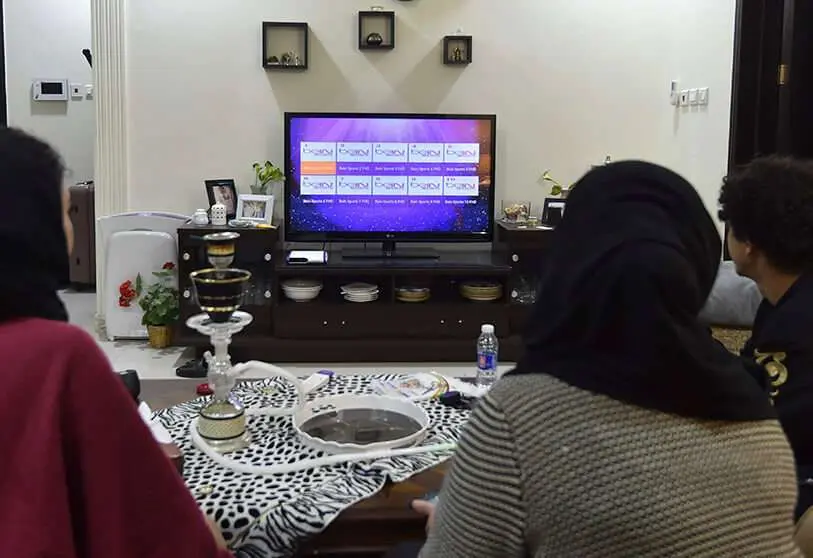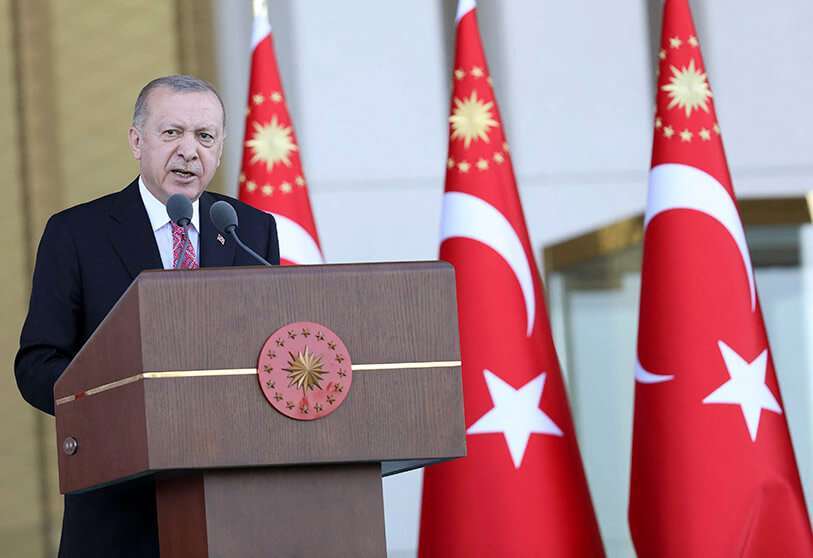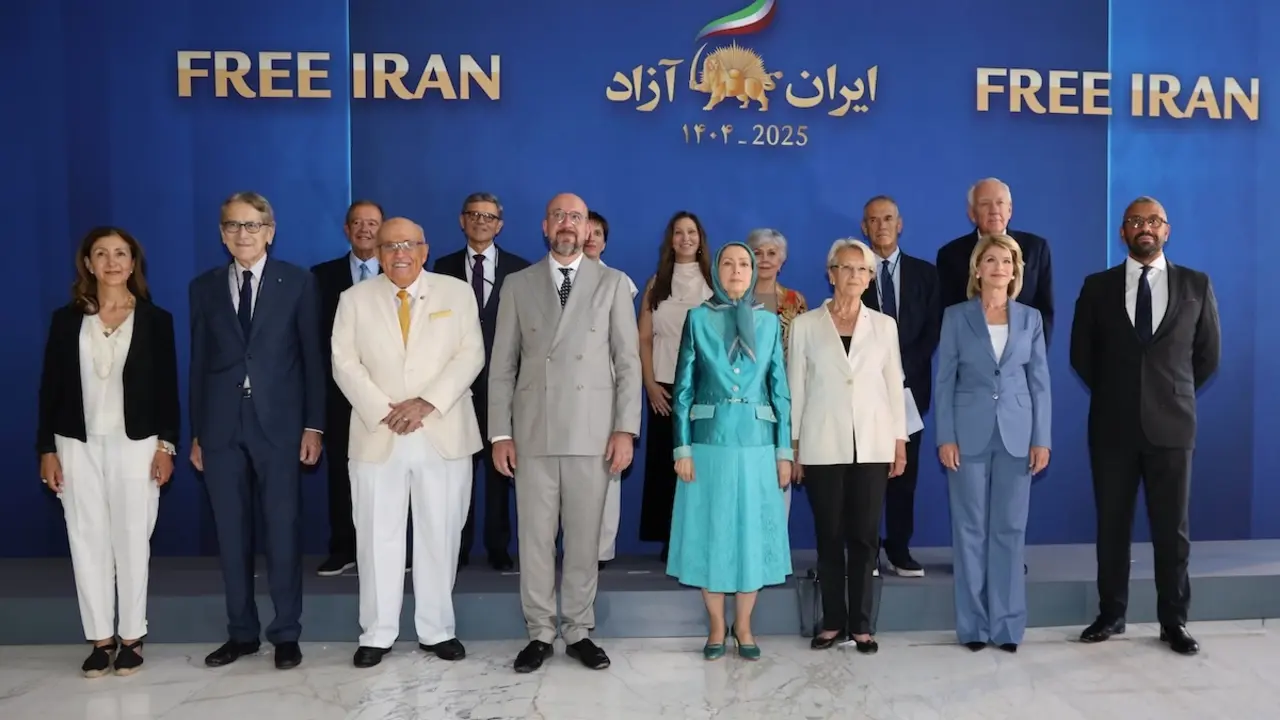Digiturk, Turkey's Qatari-owned television company, Erdogan's main political weapon

According to the portal Nordic Monitor, the Turkish authorities consider the cancellation of the subscription to the Qatari channel beIN to be proof of terrorism. This accusation gives the Turkish regime a free hand to imprison critics and opponents of the government. Also, according to the Swedish website, hundreds of documents and files reveal that since 2016 beIN has provided personal customer data to Recep Tayyip Erdogan's government. This information has been provided by two Istanbul-based companies, Digital Platform Teknoloji Hizmetleri A.S. and Krea Icerik Hizmetleri ve Produksiyon A.S. Both operate under the company Digiturk, owned by beIN Media Group.
The two companies that, according to Nordic Monitor, provide personal data to Erdogan, are run by the same Qatari nationals. Nasser Ghanim Al-Khelafi is the chairman of the board of directors of the companies while Yousif Mohammed H. Al-Obaidli is his deputy.
Digiturk became a political weapon in Erdogan's hands in 2015, after losing the majority in the elections. The company was used by the Turkish president to dominate the media and limit the number of messages and advertisements from opposition parties. Digiturk stopped broadcasting seven TV channels, including some critical of the government such as Samanyolu Haber and Bugün TV, the latter of which even hosted a pro-Kurdish party leader, Selahattin Demirtas, later imprisoned for his political views.

The politicisation of the media company caused many citizens to cancel their subscriptions, while opposition political formations such as the Republican People's Party (CHP) organised protests while calling for further cancellations.
Before Digiturk was bought by Qatar, the company was 53% owned by Turkey's Cukurova Holding and 47% by US-based Providence Equity Partners. Finally, the visit of Sheikh Tamin bin Hamad Al Thani to Turkey on 14 July 2015 saw the sale of Digiturk to beIN. However, Digiturk continued with the aim of suppressing television channels critical of the Turkish regime, even though it was in the hands of Qatar.

The official sale to Doha further increased criticism among Turkish society. The Consumers' Trade Union Federation (TBF) called for a boycott of Digiturk. Opposition CHP leader Kemal Kilicdaroglu announced that he too would deregister and encouraged citizens to do the same in response to the company's "undemocratic and repressive move". A lawsuit was even filed against Digiturk, but the government intervened and ordered the dismissal of the judge in charge of the case, Mustafa Colaker. Colaker claimed that the defendant Digiturk had broken its contract with several TV channels and removed them from its platform.
From this point on, Erdogan began to consider boycotting and unsubscribing as terrorist activity, as well as initiating criminal proceedings against those who unsubscribed. Nordic Monitor exposes how multiple citizens in several provinces of Turkey were interrogated when they cancelled their Digiturk subscription. In addition, beIN-affiliated companies "disclosed customer data, including recordings and customer complaints to Turkish prosecutors and courts in support of criminal cases against government critics, opponents and dissidents," the website says.

Using a television company as a political weapon is yet another aspect of Erdogan's authoritarian drift in his quest to control the country and intimidate opponents. Furthermore, beIN's leaking of personal data to a government is a crime against individual privacy, as well as putting many citizens at risk, as they may be accused of terrorist activities.








